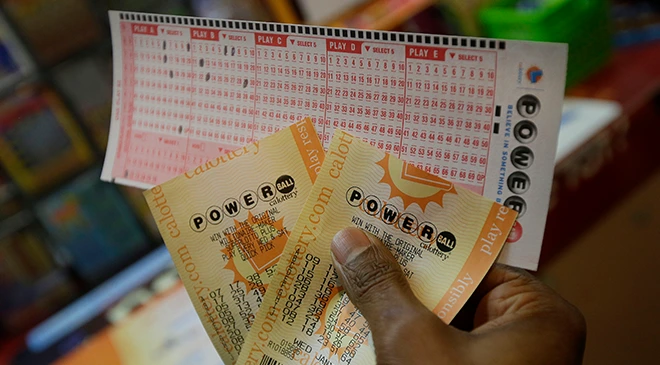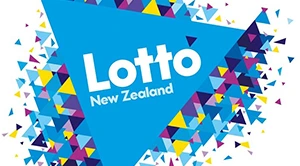 The Christchurch District Court has charged a local man as well as his company for breaching New Zealand’s gambling regulations after the Te Tari Taiwhenua (Department of Internal Affairs) accused the defendant of profiting off of an unlicensed lottery.
The Christchurch District Court has charged a local man as well as his company for breaching New Zealand’s gambling regulations after the Te Tari Taiwhenua (Department of Internal Affairs) accused the defendant of profiting off of an unlicensed lottery.
As outlined by New Zealand’s Scoop, the proceeds exceeded NZ$11 million, and this shocking sum was allegedly earned through the selling of online lottery tickets. The lottery rewards reportedly included prizes valued at over NZ$5,000, such as boats, expensive cars, and more. Prizes of this size cannot be included in lotteries unless the organiser in question is a not-for-profit society.
A licence is also necessary for the legitimate conduct of such lotteries, something that the defendant had failed to acquire prior to commencing operations and during the 1+ year the lottery was in operation. He has thus been charged on counts of conducting gambling while lacking a class 3 licence and advertising the said business, as well as for earning money from an illicit gambling operation. If found guilty, he will most likely be forced to pay a substantial fine and face other legal consequences.
Vicki Scott, currently serving as Director Gambling of the Department of Internal Affairs (DIA), stressed that New Zealand’s strict licensing requirements were there for a reason. She also put an emphasis on how the DIA “will not hesitate” to address instances of gambling that are not operated in accordance with New Zealand’s laws. “We have no tolerance for those who seek to profit by bypassing the rules,” she added.
Illegal Gambling Businesses Pose a Threat to the Safety of Gamblers
 There are many issues surrounding black market gambling, with one of the major ones being the lack of sufficient player protection. While the above case technically relates to class 3 gambling that does not involve gaming machines, it is nonetheless important to note that legitimate casino and lottery operators in New Zealand do utilise harm minimisation measures to prevent or mitigate problem gambling.
There are many issues surrounding black market gambling, with one of the major ones being the lack of sufficient player protection. While the above case technically relates to class 3 gambling that does not involve gaming machines, it is nonetheless important to note that legitimate casino and lottery operators in New Zealand do utilise harm minimisation measures to prevent or mitigate problem gambling.
Lotto NZ’s Play Smart scheme is an example of what can be done to minimise harm. Spending limits, for instance, are imposed on MyLotto clients, preventing them from spending more than NZ$150 on the online lottery per week. A limit of NZ$50 applies when it comes to Instant Kiwi Online games, and this cap is a part of the previous restriction. Moreover, there is also a NZ$500 monthly limit. In addition, users may choose to block Lotto NZ games and be excluded from receiving promotions. No mention has been made of whether the lottery run by the man from Christchurch offered any such protections to the individuals who participated in his lotteries.
The topic of gambling minimisation is crucial in neighbouring Australia as well, both when it comes to the lottery and casino establishments. As Casino Guardian reported last December, Crown Resorts implemented carded play in the machines of Crown Melbourne, and other Victorian casinos and establishments offering gambling, in general, are expected to follow suit.
- Author


